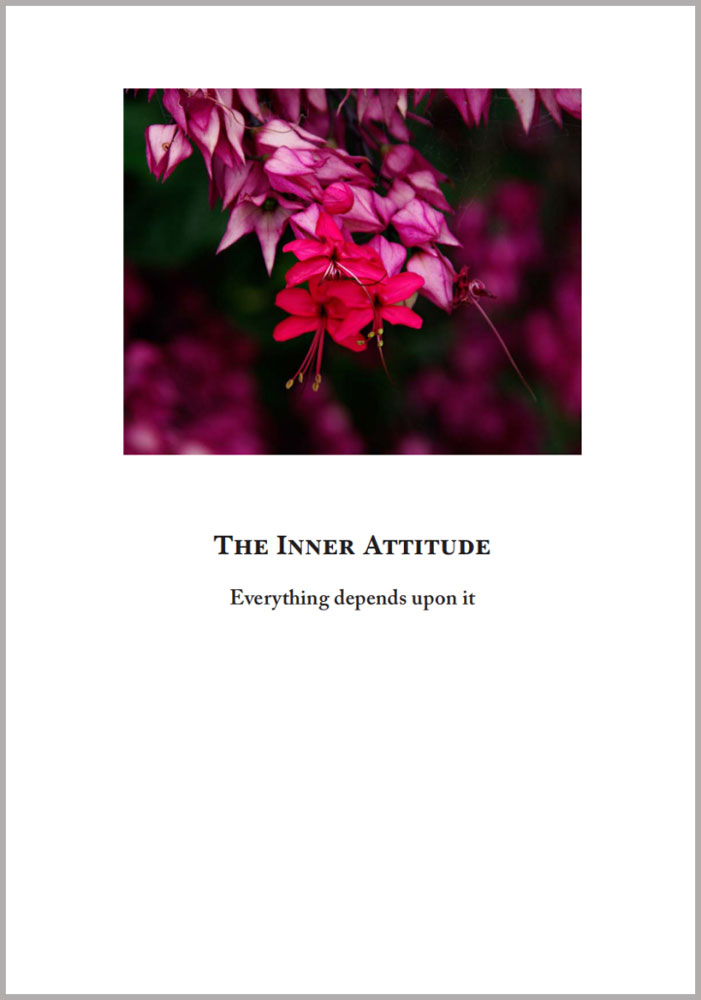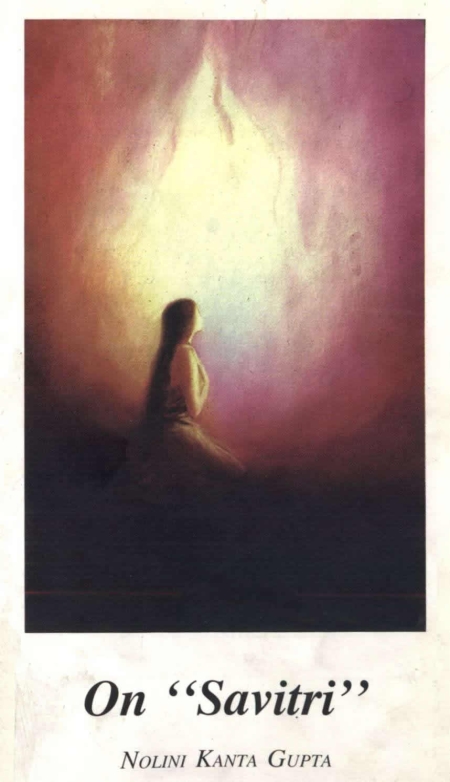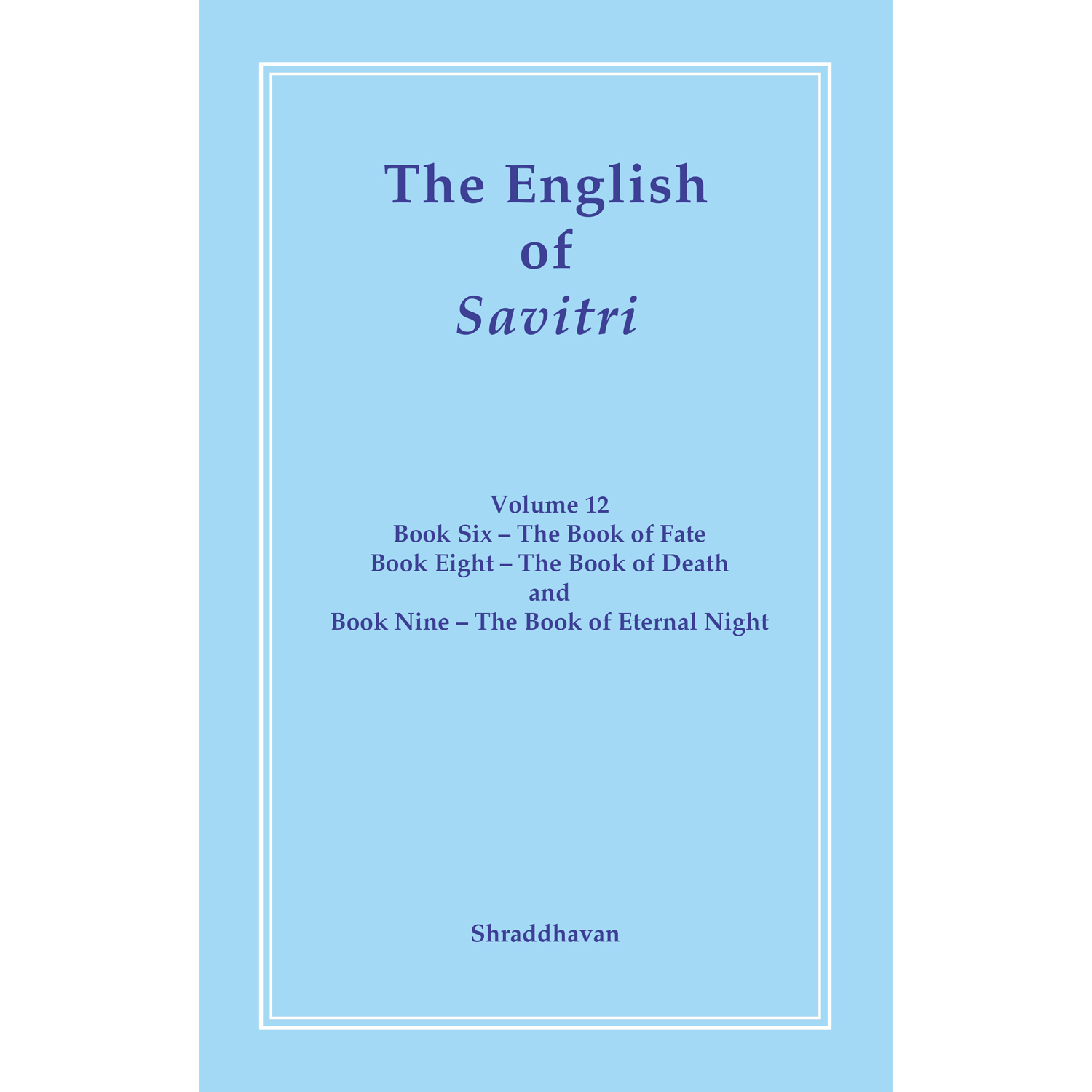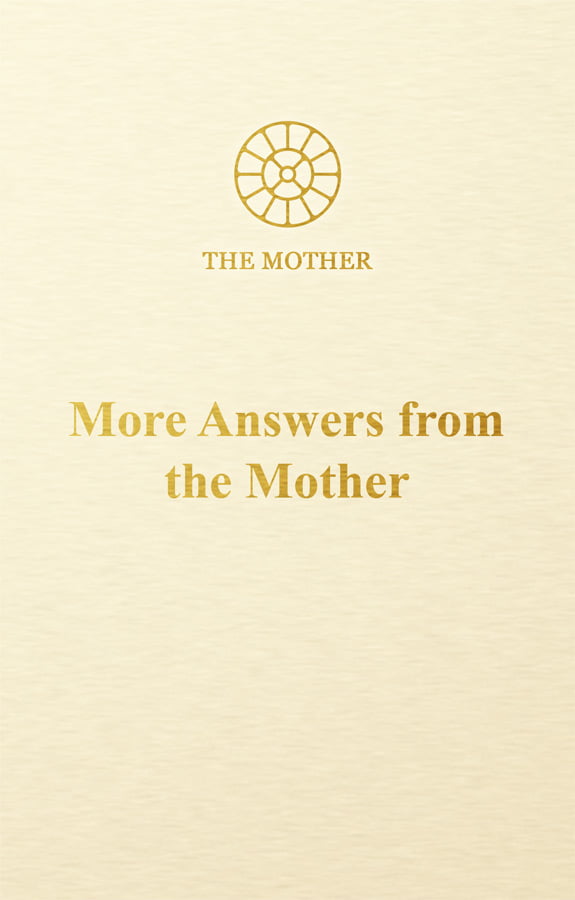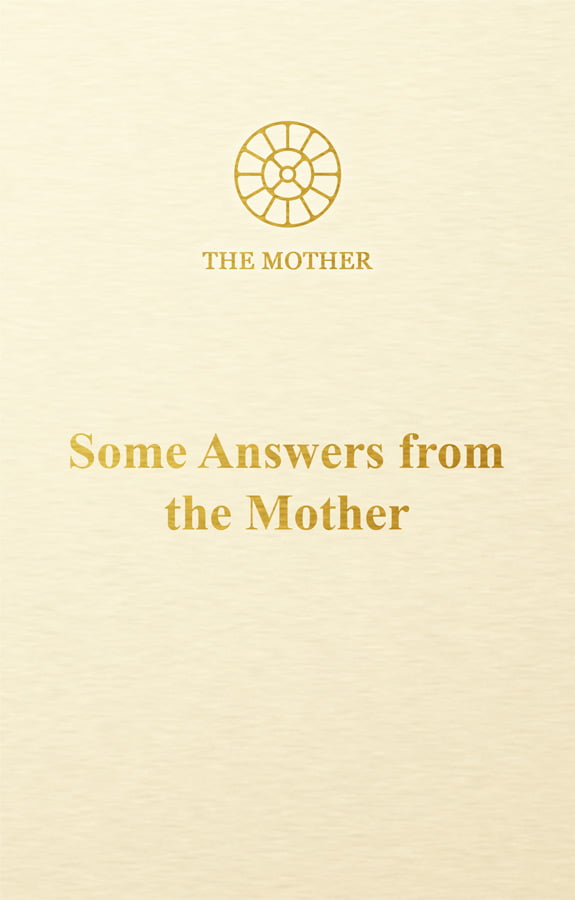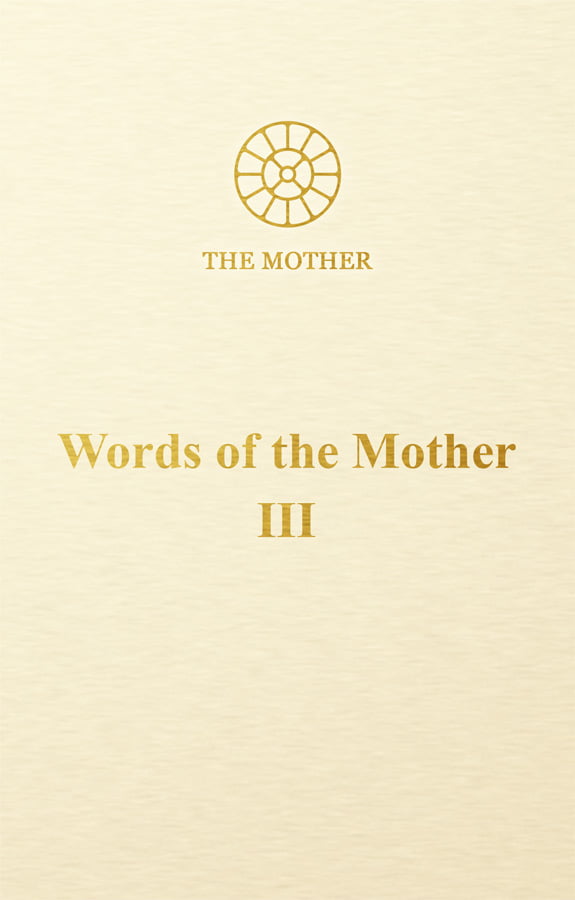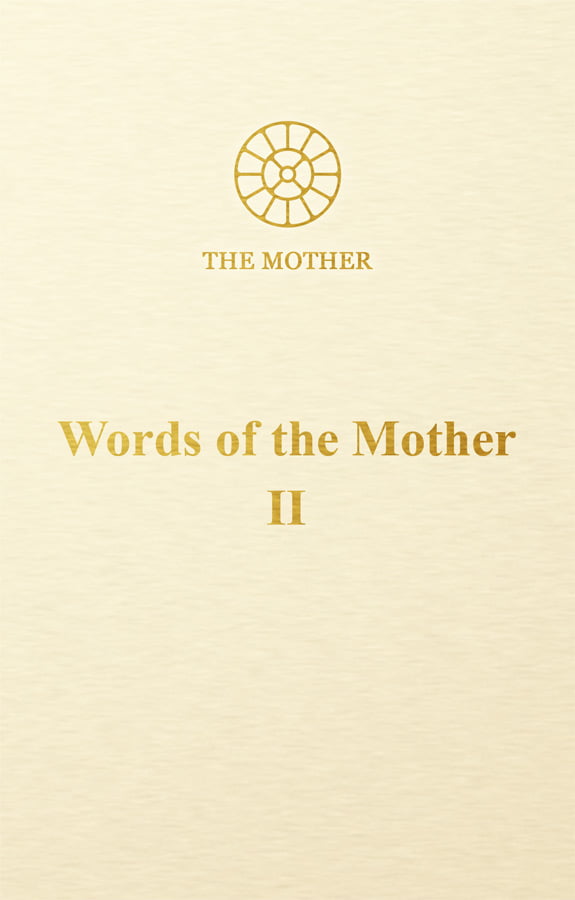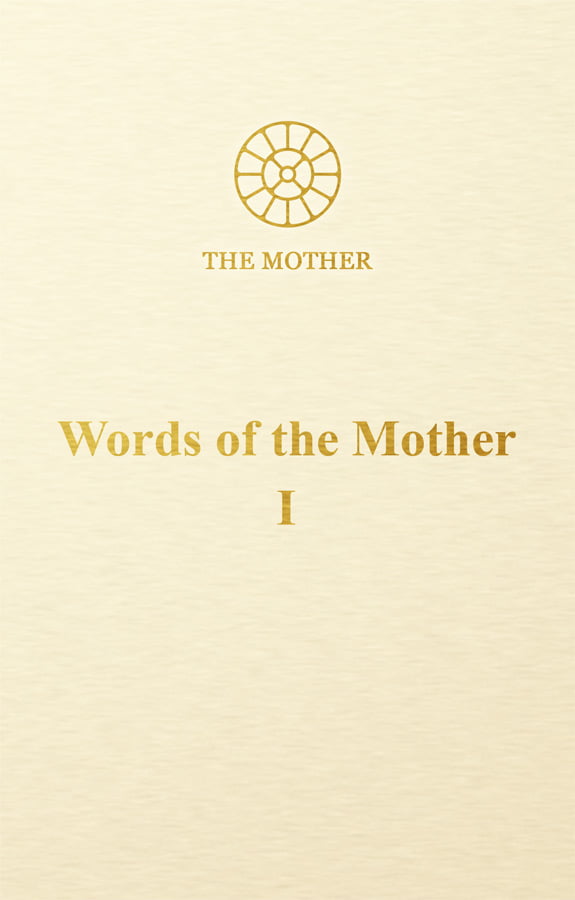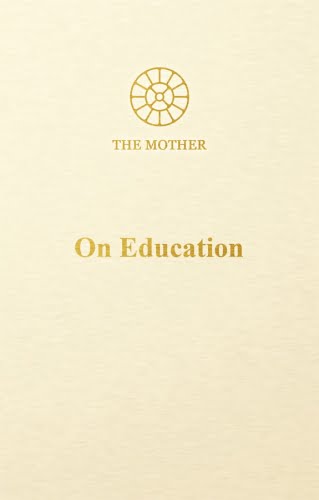
Words of the Mother – I
Collected Works of the Mother Volume 13
Short written statements on Sri Aurobindo, herself, the Sri Aurobindo Ashram, Auroville, India and other nations.
This volume consists primarily of brief written statements by the Mother about Sri Aurobindo, herself, the Sri Aurobindo Ashram, Auroville, India, and nations other than India. Written over a period of nearly sixty years (1914 – 1973), the statements have been compiled from her public messages, private notes, and correspondence with disciples. The majority (about sixty percent) were written in English; the rest were written in French and appear here in translation.
The volume also contains a number of conversations, most of them in the part on Auroville. All but one were spoken in French and appear here in translation. There are also several reports of comments by the Mother. These reports were noted down by disciples and later approved by her for publication. All of them were spoken in English.
The volume is arranged by theme in six parts, each part having a number of sections. Within the sections, dated pieces are placed in chronological order, undated ones where they best fit in thematically.
Readers should note that most of these statements were given to particular individuals under particular circumstances. The advice in them, therefore, may not apply to everyone.
Read more
